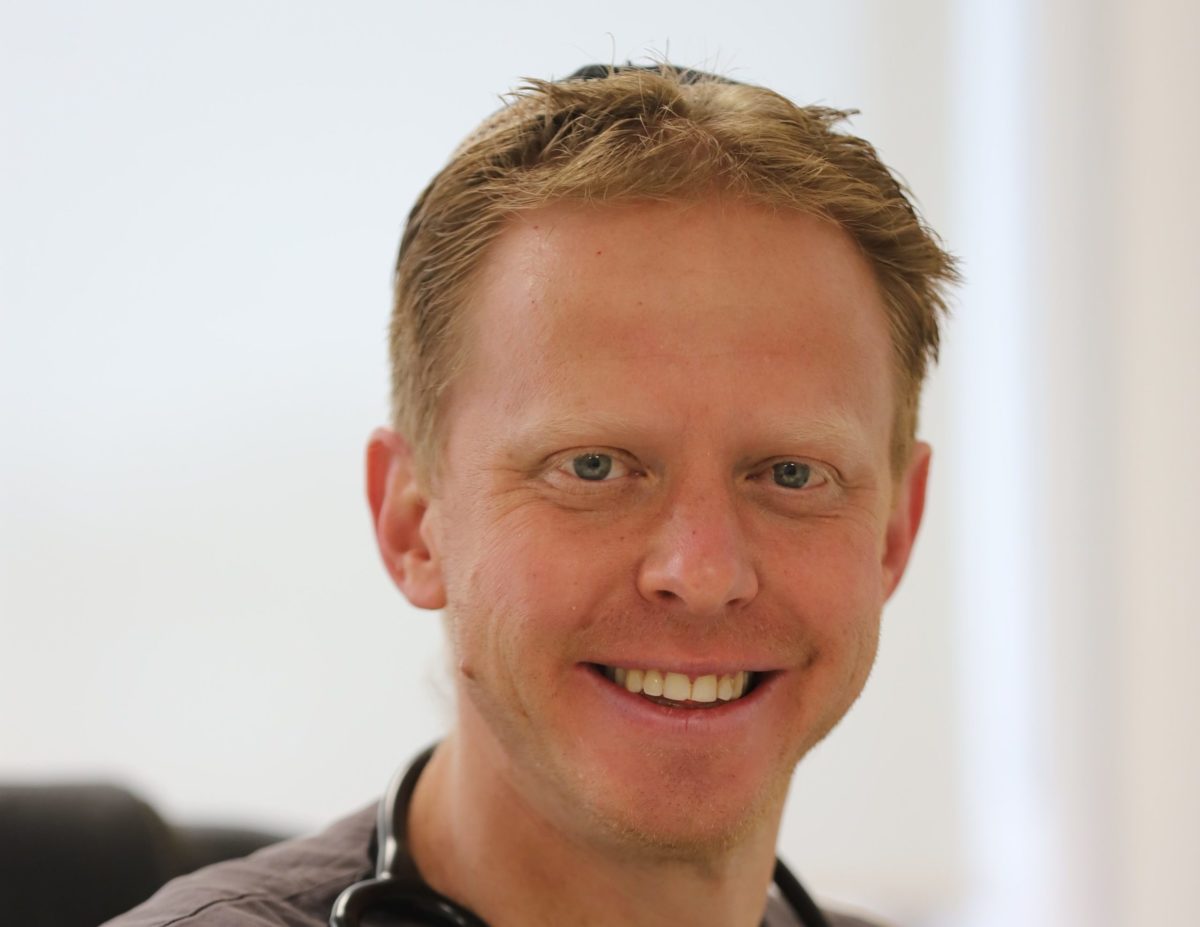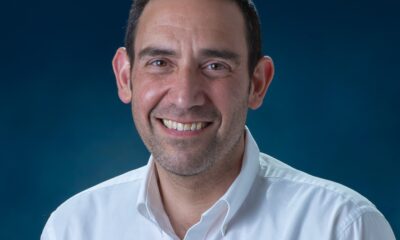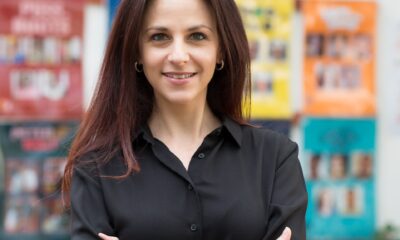
OpEds

Extreme fear or unfettered activity both unhealthy during COVID-19
Published
3 years agoon
Every time we drive our vehicles into the streets in South Africa, we embrace real risk. The Automobile Association of South Africa has previously quantified that risk as 1 in 101 (1%). Almost every facet of our lives is strewn with inherent risk. This concept is apparent in larger life decisions: the risk in making a career choice, the risk in choosing who we marry, the risk of emigration. It’s also equally apparent in smaller life choices: the risk in making a worthwhile investment, the risk of trying out a new restaurant on an important occasion, or of swapping smartphone brands!
Risk taking with our most valuable resources seems counter-intuitive. Surely, the greater the value, the less risk we should tolerate? Our children ought to grow up in risk-free environments. Yet, we know that risk is inseparably paired with opportunity. It’s a catalyst for growth, and a necessary ingredient for daily life. We gladly put our children through daily risks for their own development: contact sports, unaccompanied travel, and so on.
The COVID-19 pandemic, which is now developing a somewhat endemic flavour in South Africa in its 15th month (in the absence of mass-population vaccination), is no exception to this risk model. Perhaps COVID-19’s greatest challenge to the individual is to embrace risk responsibly. Let’s explore.
A basic tenet of Judaism is the value of preserving human life over all. The Torah commands us to “live by the mitzvot”, not die by them. This concept is translated into a strict principle – pikuach nefesh – in other words, any risk that threatens life must be extinguished. Even the mere possibility of a life-threatening risk is intolerable. When COVID-19 hit our shores in February 2020, the risk of death based on the experience in Wuhan was palpable. The government took the decision to shut down the country in deference to pikuach nefesh. Saving lives supercedes all. Even with strict lockdown measures, both nationally and communally, the loss of life and devastation over the next few months in South Africa became formidable.
The appropriate societal knee-jerk reaction was to tighten measures and remain socially isolated. In fact, preserving an approach of “hiding away until the pandemic is over” seemed achievable for most South Africans. However, as the indicators surfaced that this pandemic may indeed last a couple of years and as several months of social and economic dysfunction followed, it became more and more apparent that the “no risk” approach was damaging us economically, developmentally, spiritually, and socially. Ironically, after the first and second waves, we re-engaged in outside life with new case numbers significantly higher than they had been, even in the initial no-risk-tolerated pangs of the pandemic.
This was, perhaps, the juncture at which I noticed, as a GP, our community’s approach to COVID-19 becoming polarised. Individuals who had been personally affected by COVID-19 seemed to maintain strict measures of infection prevention. Those who hadn’t either chose to continue the same strict approach, or to deflect and nurture the importance of risk taking. The vast majority of patients felt that risk investment in their personal lives outweighed the risk of serious complications should they contract COVID-19, and pushed for resumption of “normal” life, in spite of not being vaccinated.
Balancing risk is the most important task incumbent upon every community member, especially at this perplexing time between a second and probably third wave. I strongly believe that, other than in exceptional high-risk individuals, aversion to all risk is detrimental to well-being. COVID-19, with its variants, vaccination challenges, and higher-than-ever worldwide infection rates, is here to stay for the short-term future at least. I have treated significant numbers of patients with mental-health challenges and neglected chronic diseases because of irrational risk aversion. Children need to develop friendships and learn the important formative skills of outside-world independence. Keeping them cooped up at home or preventing them from playing sport (for example) will damage their development. Grandparents need to spend time with their families, especially if COVID-19 prevails over the last years of their lives. Businesses need to take on expansion and new ventures. Treading water is a poor approach to build prosperity and preventing income loss.
I believe that advising patients to “stay home and save lives” is now inappropriate and detrimental (other than in extraneous circumstances). Furthermore, this approach creates a far bigger contingency in our society that swings to the other extreme and exercises no caution. The danger in this latter approach is far worse.
I also believe that throwing off masks, attending indoor packed events, and not limiting social-event sizes (for example) is just as inappropriate and unacceptable, especially in light of the possible increase in new cases.
It requires every family and individual to decide on an approach that will allow them to function in the long term without incurring unnecessary risk. Masks, hand sanitising, and social distancing still save lives. It’s up to each unit to decide on balanced measures like small social circles to mitigate risk, strict mask wearing in public places, outdoor socialising, individual family member isolation after inadvertent high-risk behaviour, and so on.
Although the answers aren’t always clear or even consistent, I firmly believe that every individual in our society has a personal responsibility to create for himself/herself a list of COVID-19 rules in an attempt to stay safe, prevent danger to others, but as importantly still to allow himself/herself the opportunity for growth. We imminently await a mass rollout of vaccination, but the reality is that never before has the world attempted such a widespread vaccination programme. It will take a long time. On an individual level, even after receiving a vaccine, risk still exists.
If you are someone who has either kept every one of your guards up since Level 5 lockdown or you have gone to the other extreme and are even doubtful about whether “COVID-19 poses much danger in South Africa anymore”, please think again. Find a balance. Embrace risk responsibly, and review your approach often.
- Dr Daniel Israel is a family practitioner in Johannesburg.










